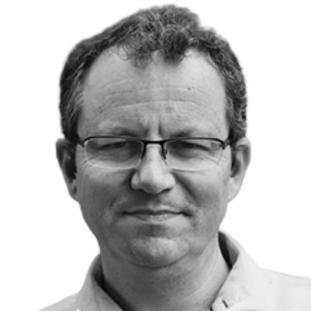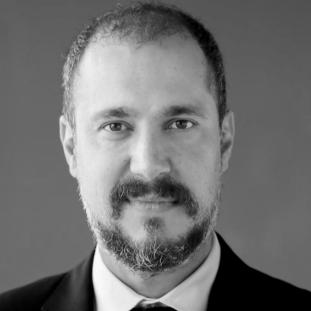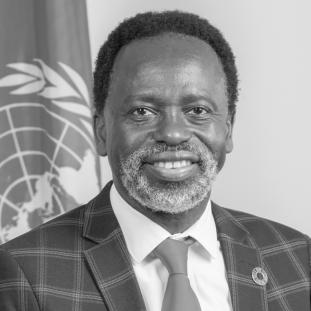As an integral part of the United Nations University (UNU), the United Nations University Institute for Water, Environment and Health (UNU-INWEH) operates under a robust governance framework. This governance structure ensures that UNU-INWEH operates with transparency, accountability, and strategic oversight, enabling it to effectively deliver on its mandates and contribute to addressing global water, environmental, and health challenges.
UNU Council
The UNU Council is composed of 12 appointed members, the UNU Rector, and three ex officio members, including the UN Secretary-General, the UNESCO Director-General, and the UNITAR Executive Director. The Council is responsible, inter alia, for devising the principles and policies that govern the University’s operations, as well as for considering and approving the UNU budget and work program. The UNU Council reports annually to the UN General Assembly, the UN Economic and Social Council (ECOSOC), and the Executive Board of UNESCO.
UNU Rector
The UNU Rector, who holds the rank of Under-Secretary-General of the United Nations, provides overall leadership to the UNU system, the scientific arm of the United Nations and its think tank. The Rector is responsible for ensuring that UNU’s research and training activities align with global sustainable development priorities and contribute meaningfully to the work of the United Nations and its Member States. The Rector also represents UNU in high-level UN forums and oversees the University’s global partnerships and institutional development efforts.
UNU-INWEH Director
The Director serves as the Chief Academic and Administrative Officer of UNU-INWEH, with overall responsibility for the direction, organization, administration, and programming of the institute. This role is carried out in accordance with the policies and guidelines set by the UNU Council, the Rector, and the International Advisory Committee (IAC). The Director, appointed by the UNU Rector, is typically a distinguished academic and manager responsible for leading UNU-INWEH’s operations and programs. In addition to overseeing the institute’s strategic direction, financial management, and institutional growth, the Director is responsible for developing and managing national and international partnerships, leading negotiations, and ensuring UNU-INWEH’s alignment with UNU’s broader strategic objectives.
International Advisory Committee (IAC)
The International Advisory Committee (IAC) provides strategic guidance to UNU-INWEH and advises the Director on institutional and programmatic development. The committee is composed of up to six appointed members, selected from renowned experts in diplomacy, international development, policy, water, environment, and health, as well as two ex officio members—the UNU-INWEH Director and the UNU Rector. IAC members are appointed by the UNU Rector, in consultation with the UNU-INWEH Director and UNU Council, based on their expertise and contributions to UNU-INWEH’s mandate. The IAC ensures that UNU-INWEH remains at the forefront of scientific innovation, capacity building, and policy impact. It plays a critical role in shaping UNU-INWEH’s strategic priorities, reviewing and approving work programs and budgets, identifying financing mechanisms, and strengthening the institute’s global positioning and outreach efforts.






